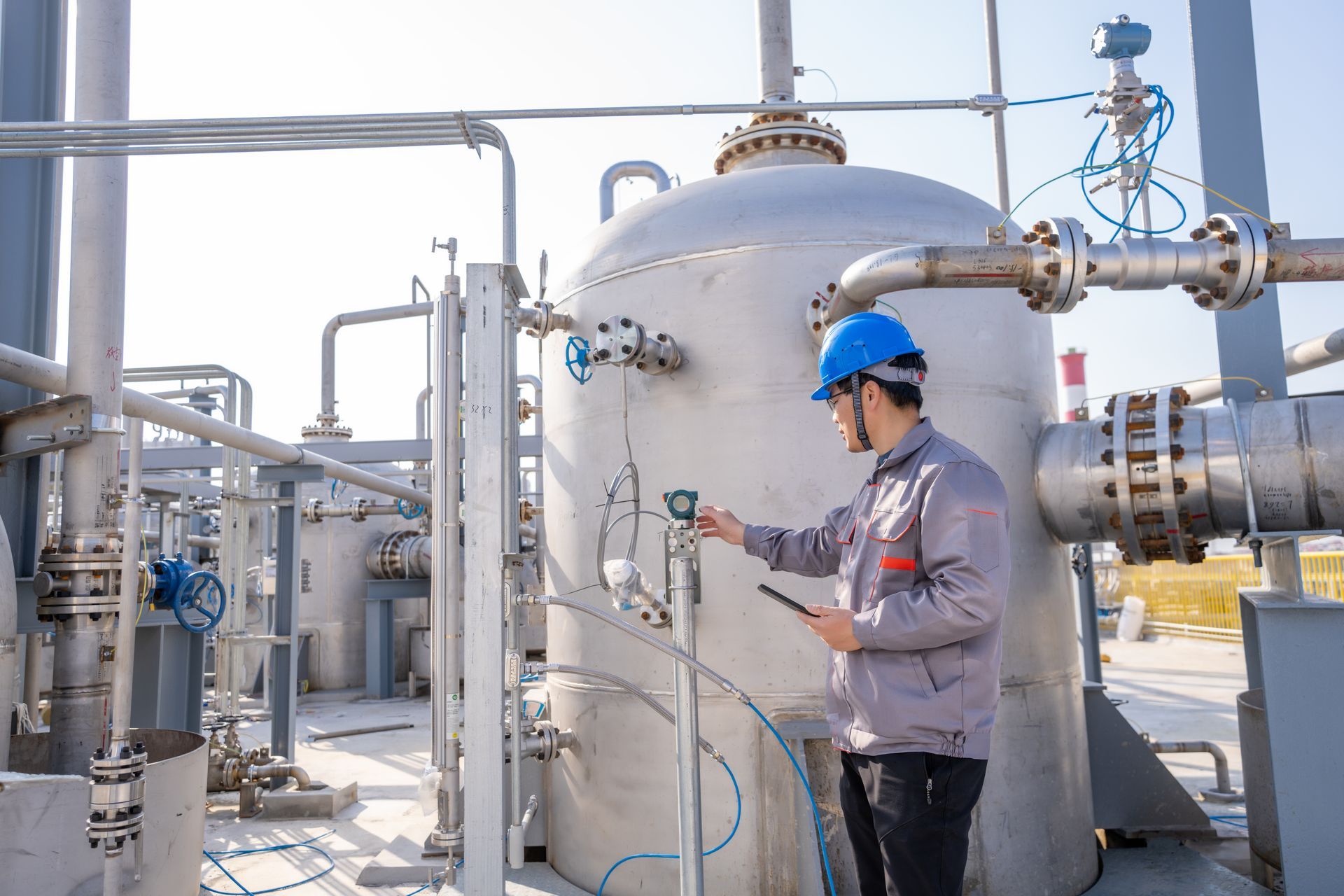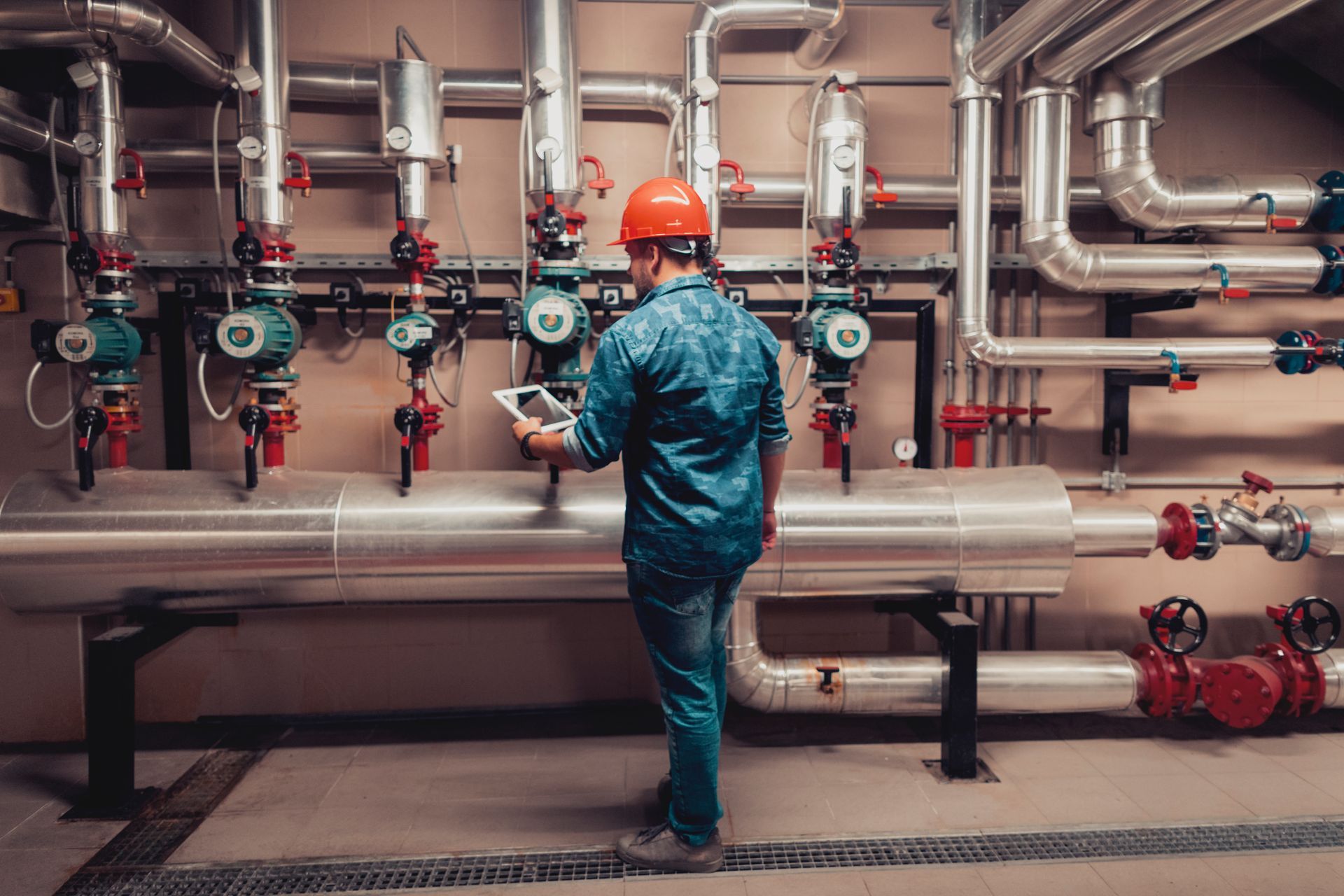The Cost of Boiler Repair vs. Replacement: What’s the Best Option?
The Cost of Boiler Repair vs. Replacement: What’s the Best Option?
When your boiler starts acting up, you may find yourself faced with a tough decision: should you repair the existing system or invest in a replacement? Understanding the boiler repair cost versus the boiler replacement cost is crucial in making an informed decision. Here, we’ll break down the key factors to consider when deciding whether to repair vs. replace a boiler.
1. Assessing Repair Costs
Boiler repairs can range from minor fixes to major overhauls. Some of the most common boiler repairs and their estimated costs include:
- Thermostat replacement – $100 to $300
- Pressure valve replacement – $150 to $350
- Circulator pump repair – $300 to $600
- Heat exchanger replacement – $1,000 to $2,500
If your repair costs are minor and infrequent, it might make sense to continue servicing your existing boiler. However, when repair bills start stacking up, a replacement could be a more cost-effective long-term solution.
2. Comparing Replacement Costs
On average, a boiler replacement cost ranges between $3,500 and $7,500, depending on the model, fuel type, and installation requirements. While the upfront cost is higher than a repair, newer models offer greater energy efficiency, which leads to long-term savings on utility bills.
3. Age of Your Boiler
A key factor in deciding whether to repair or replace is the age of your boiler. Most boilers have a lifespan of 10-15 years. If your system is near or beyond this range, repairs may only provide a temporary fix. A new boiler will not only improve efficiency but also offer better reliability.
4. Frequency of Breakdowns
If your boiler requires frequent repairs, it’s a strong indication that components are wearing out. The cost of repeated repairs can quickly exceed the price of a new boiler. In such cases, upgrading to a new system is the more economical choice.
5. Energy Efficiency and Operating Costs
Older boilers tend to be less efficient, consuming more fuel to produce the same level of heat. Newer high-efficiency models can reduce energy consumption by up to 30%, lowering your utility bills and offsetting the boiler replacement cost over time.
6. Safety Concerns
If your boiler is showing signs of leaks, carbon monoxide emissions, or inconsistent heating, these could be potential safety hazards. A new boiler ensures better performance and compliance with modern safety standards, making replacement a worthwhile investment.
Conclusion
When weighing the boiler repair cost against the boiler replacement cost, consider factors like age, efficiency, repair frequency, and safety. If your boiler is relatively new and only requires occasional fixes, repairs may be the best option. However, if your system is old, inefficient, and frequently breaking down, replacement is the smarter long-term choice.
At Premier Boiler, we specialize in both repairs and new installations, helping you find the best solution for your home. Contact us today to get expert advice and a cost estimate tailored to your needs!



